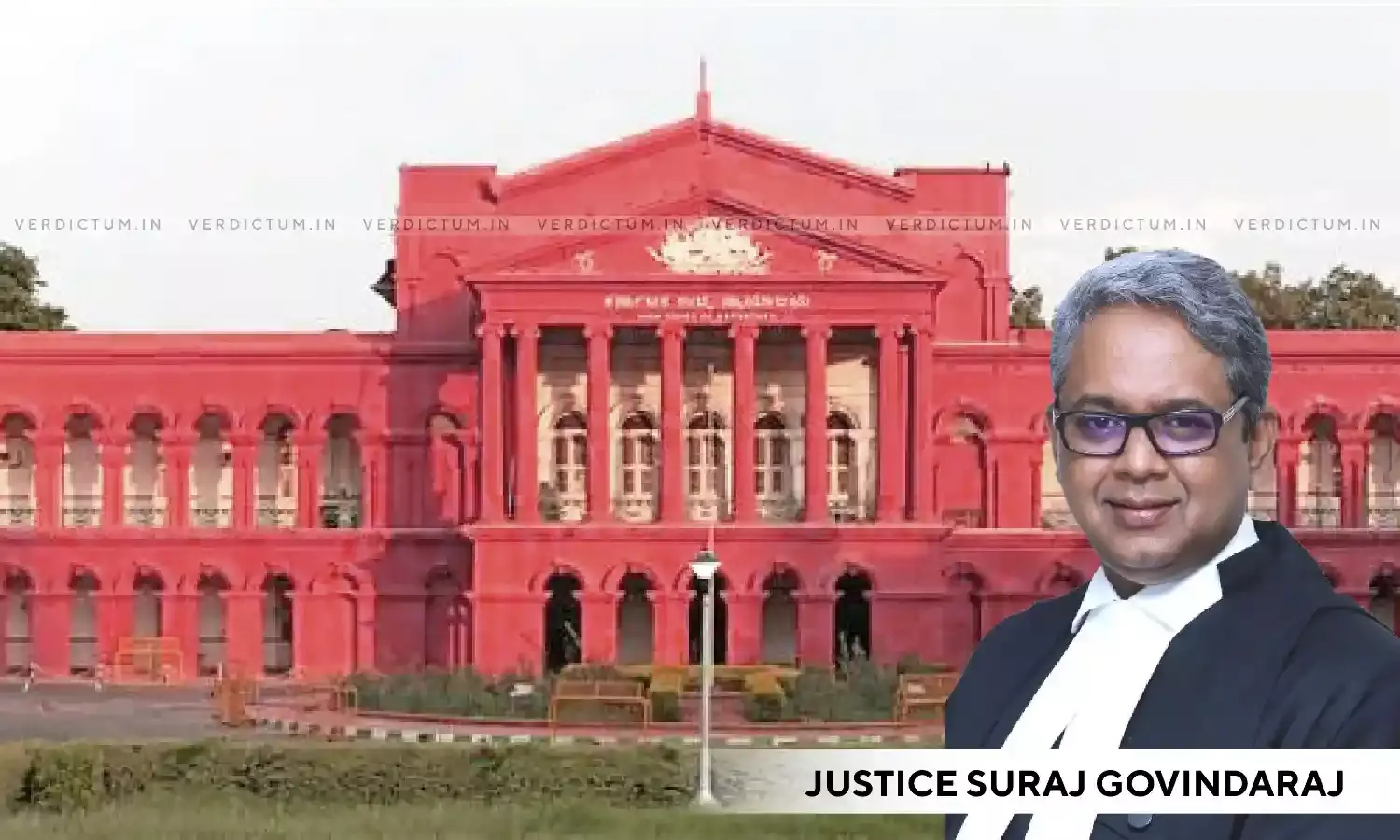Registering Authority Should Be Able To Verify Aadhar Card Produced Before It: Karnataka HC Directs Inspector General Of Registrar To Register Under UIDAI

Karnataka High Court directed the Inspector General of Registration to register under UIDAI so that registering authorities can verify the authenticity of an Aadhar Card produced before them
The Court ascertained the question of whether a Registering Officer is required to ascertain the identity of the person presenting a document going beyond the identity card presented.
The Court held that “there appears to be no requirement other than what is mentioned above for Registering Officer to ascertain the identity of a person or to check veracity of the Aadhar card which had been produced and so long as said Aadhar number has been reflected in the document registered, that would be sufficient compliance of verification of prima facie identity of the person.”
A Single Bench of Justice Suraj Govindaraj observed, “I am of the considered opinion that these kind of situations could well have been avoided if a suitable mechanism had been put in place to verify the authenticity of Aadhar card which had been produced, when it is the very purpose of the said Aadhar card to establish the credentials and identifying a person.”
Advocate Girish A. Yadawad represented the petitioner, while AGA Praveen Uppar appeared for the respondent.
The petitioner claimed ownership and exclusive possession of a piece of land. An individual impersonating the petitioner executed a fraudulently registered agreement of sale for the land in favour of another person. The imposter's actions resulted in entries in the encumbrance certificate. Despite the petitioner's complaint to the police, he was informed that the matter was already under investigation. In response, the petitioner submitted a representation to the authorities, urging the deletion of entries in the encumbrance certificate, which was rejected. The petitioner challenged this rejection before the High Court.
The Court also considered whether the Sub-Registrar can delete entries in the encumbrance certificate when the registered agreement based on which those entries are found was being set aside.
The Court answered, “Cancellation of the entries in the encumbrance certificate is predicated by registration of a document and unless that document is set aside or cancelled, I am of the considered opinion that the entry in the encumbrance certificate cannot be cancelled or deleted. So long as the agreement of sale continues to be in the books of Sub-Registrar corresponding entries would have to be reflected and included in the encumbrance certificate.”
Accordingly, the Court issued directions to the Inspector General of Registration and Commissioner of Stamps and ordered that the Inspector General of Registration should be required to register under the UIDAI as per the Aadhaar (Targeted Delivery of Financial and Other Subsidies, Benefits and Services) Act, 2016 (Aadhaar Act). When an Aadhar card is presented as a form of identification, the registering authority must verify its authenticity and the person's identity before proceeding with document registration.
Subsequently, the High Court dismissed the petition.
Cause Title: Ramesh v. The Sub-Registrar, Jamkhandi (2024:KHC-D:228)

